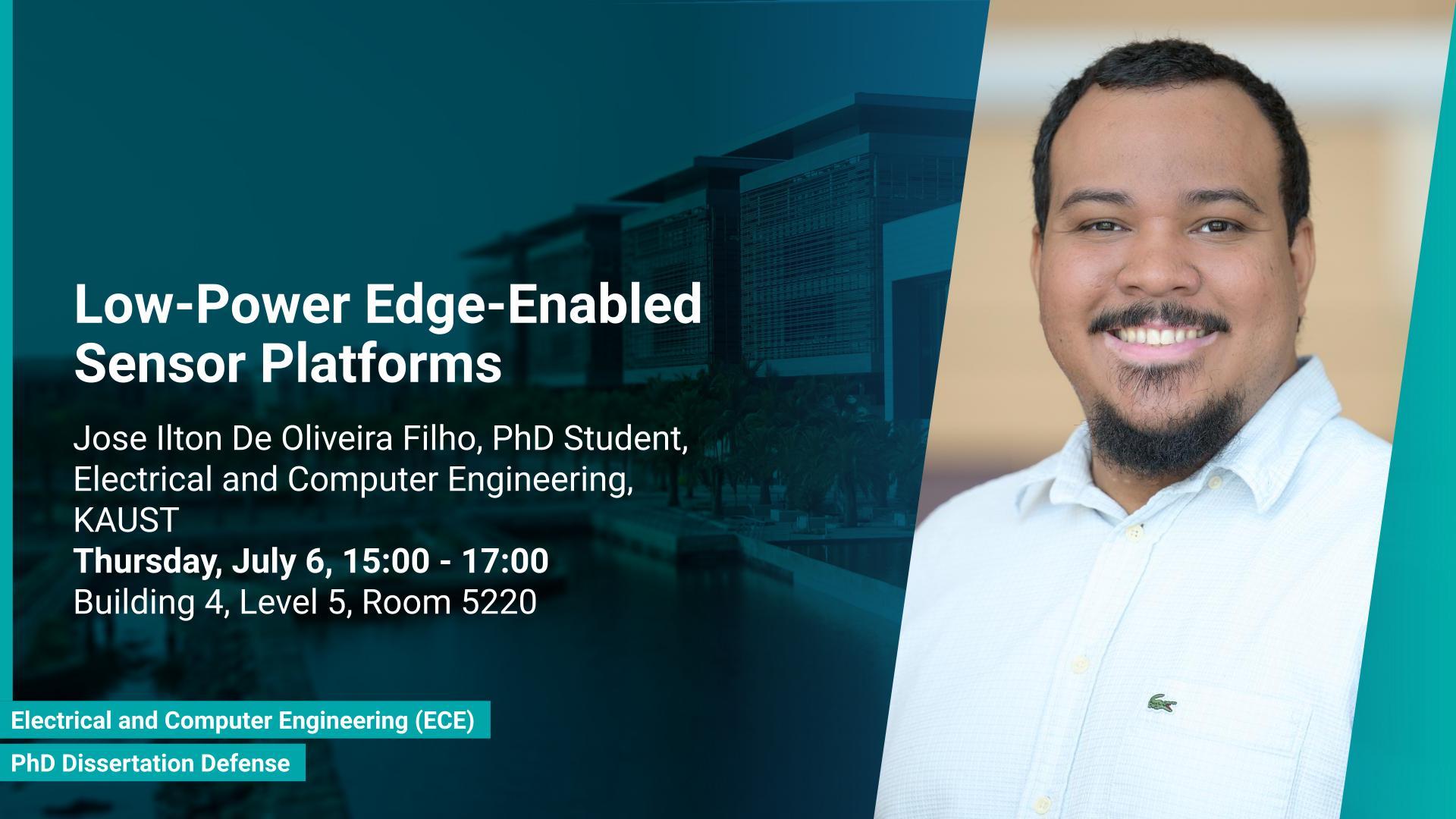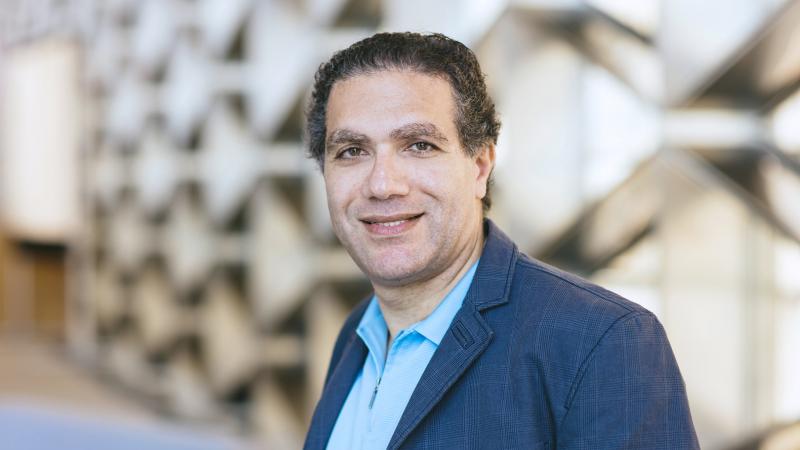Event Start
Event End
Location
Abstract
On-site sensing systems provide fast and timely information about a myriad of applications ranging from chemical and biological to physical phenomena in the environment or the human body. Such systems are embedded in our daily life for detecting pollutants, monitoring health, and diagnosing diseases. Especially in the field of health care, the development of portable and affordable diagnosing systems, also known as point-of-care (PoC) devices, is a major challenge. Moreover, to this day, systems for therapeutic drug monitoring (TDM) have remained bulky and highly expensive, mostly due to the need for exceptionally precise, rapid, and highly accurate real-time on-site measurements. This dissertation focuses on the design, development, and implementation of miniaturized PoC devices for achieving high sensitivity, selectivity, and reliability through a combination of hardware and software strategies at the edge.
The first part of the dissertation introduces the design of single and multi-channel electrochemical readout platforms with a high voltage range, fast scan rates, and with nano ampere resolution, covering a broad range of electrochemical excitation techniques. These platforms were paired with electrochemical-based sensors to detect SARS‑CoV‑2, bisphenol A, and ascorbic acid. The low power feature of the proposed platforms is demonstrated by powering the complete detection system with energy harvested from natural and artificial ambient light.
The second part of the dissertation introduces the design and development of a miniaturized wearable device with a pico-ampere resolution, high-speed electrochemical frequency interface, and highly stable sensing circuitry. A complete in-vivo system is demonstrated for long-term (>4 hours) measurement, wherein molecules are detected and monitored directly from a probe inserted in the subcutaneous abdomen region of a Sprague-Dawley rat. A solution for sensor drift due to biofouling and interference is demonstrated thought to the integration with real-time processing software.
Furthermore, integrating the aforementioned platforms with highly reduced dense neural network models is demonstrated to increase the robustness of the sensors, allowing the detection of contaminants in complex samples, improving the sensor selectivity, and providing timely diagnoses in-situ.
Brief Biography
José Filho is currently a Ph.D. candidate at Sensors Lab in the Electrical and Computer Engineering Department, advised by Professor Khaled Salama. He received his Bachelor's degree from the Federal University of Piaui (UFPI) in 2017. He obtained his Master's degree from the Electrical Engineering department at KAUST in 2019. He has collected several awards during his Ph.D., from industry (Intel, Cypress Semiconductors), professional associations (IEEE, IAIA), as well as KAUST internal recognitions. His research interests lie in the design and implementation of low-power biosensor platforms.


